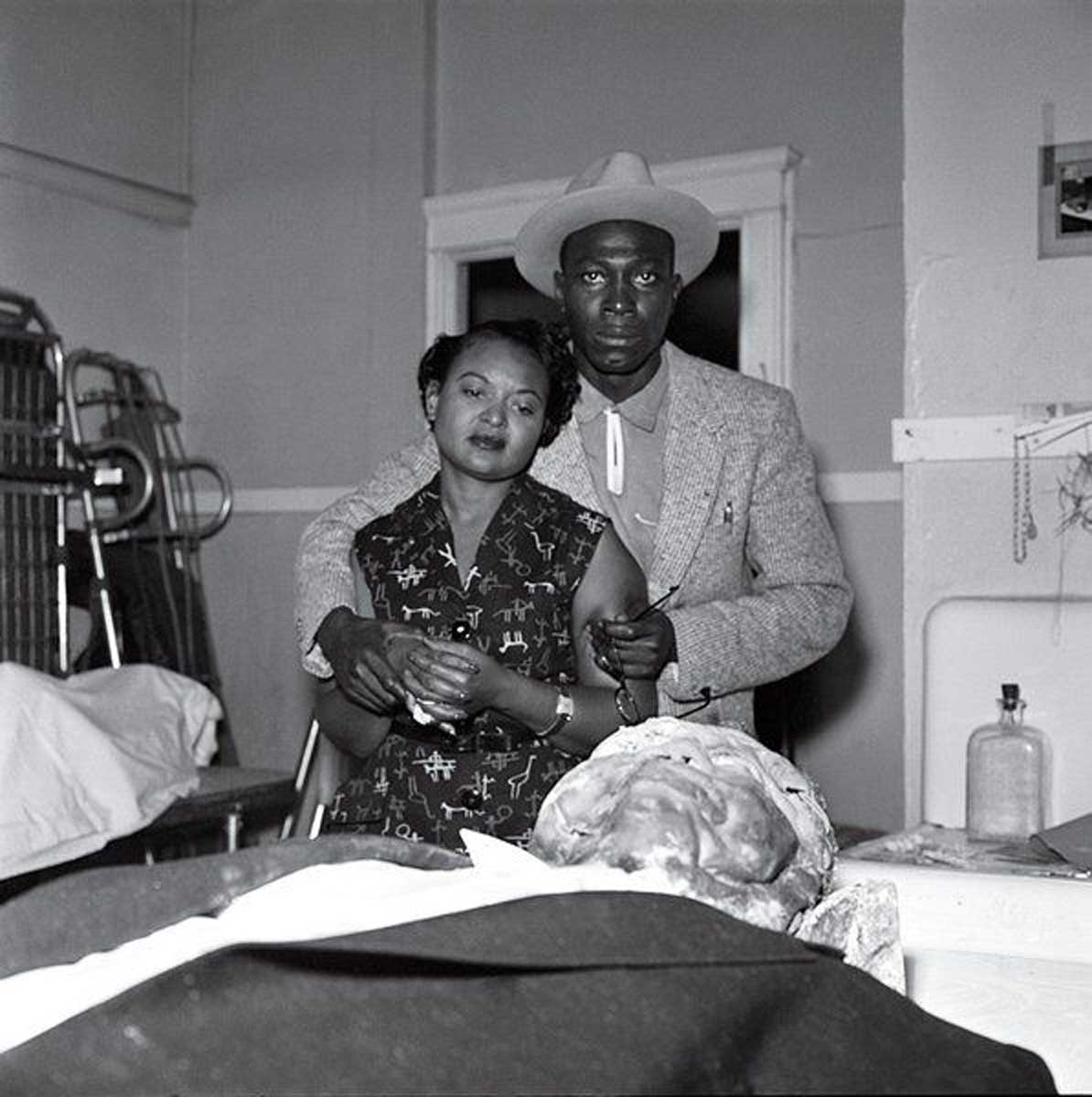KEREKES: Hader’s tweets beg plenty of questions
Published 10:46 pm Saturday, July 21, 2018

- Drew Kerekes
Some say any news is good news. Others say no news is good news.
Trending
For Milwaukee Brewers reliever Josh Hader, he probably would have preferred no news. “Any news is good news” means you’re getting attention, and regardless of the reason, you want attention. The second saying is reserved for those who would rather stay out of the limelight. In Hader’s case, he was already in the limelight due to being in the MLB All-Star game, but I wonder if he would trade that experience for not having someone unearth some tweets he made in 2011 and 2012.
During the course of the All-Star game, it was revealed that, back when Hader was 17, he used his Twitter account to say things like, “I hate gay people,” “White power lol,” “KKK,” and at least one tweet featuring a racial slur.
This set off an interesting debate: Hader was not a legal adult at the time, so should he be vilified to the degree of, say, New York attorney Aaron Schlossberg, who was caught on video several months ago making hateful remarks to Spanish-speaking people?
Trending
There’s no easy answer. It would be lazy to simply write off what he said as a kid being dumb. Yes, technically, he was still a kid, and obviously, what he said was dumb — which is about the nicest way you can describe it— but should we not expect a 17-year-old to not only have better judgment than to tweet something like that, but also expect them not to be bigoted in the first place?
On the other hand, let’s say we do hold him to the fire over those tweets. Should he be suspended? Banned from baseball? Cast out as a social pariah? He’s bound to get plenty of jeers in opposing ballparks, so should that be the extent of his “punishment”?
Brewers teammate and fellow All-Star Lorenzo Cain, who is black, is on the record as saying Hader is a “great guy” and a “great teammate.” He also said, “You’ve got to forgive people.” When asked about his tweets, Hader chalked it up to youthful immaturity and said the tweets were not a reflection of who he is as a person now.
People can and do change. Baseball is a diverse game, so it’s not outside the realm of possibility that, as Hader came up through the minor leagues, he was exposed to different people and different cultures, and grew past the ignorance of his adolescent years.
The past, though, can and sometimes does come back to haunt you. In addition to the “don’t be a bigot” lesson you can take away from this, Hader’s case is an example of how social media postings can come back to haunt you. I can’t tell you how many times I’ve seen a coach I follow on Twitter retweet a message warning young people how college coaches can and often do look at prospective recruits’ social media accounts, so these athletes had better watch what they say as if Santa Claus was keeping a list. Like I said, the lazy thing to do would be to just brush this aside as a kid being a kid — what you say and do during your teenage years matters, even if you’re not thinking beyond the moment.
If a black or gay person were to deem Hader unforgivable, that would certainly be understandable. Stuff like what Hader tweeted back then only reinforces the various hardships those groups have faced and too often still face today. At the same time, part of me still can’t help but think a 17-year-old saying those things is not the same as, say, when former Braves reliever John Rocker said the things he said in his infamous Sports Illustrated interview when he was in his mid 20s. At age 17, you are still developing as a person, and you may or may not have been exposed to the right kind of environments or people that can eliminate ignorant mindsets.
Ultimately, if Hader keeps quiet going forward and just pitches well, few people will be discussing his years-old tweets a couple of seasons from now. Will he still get jeered at opposing ballparks? Yes, but that will be the extent of it. What’s most important is whether Hader has truly grown up, and whether we as a society can point to those tweets and impress on our young people that these sorts of comments, and mindsets, are not OK.
It’s not enough to tell adolescents not to say dumb things on social media. Why are some of them saying those things in the first place? And what can adults, whether it’s parents, coaches, teachers or anyone else of influence, do to correct it?
Drew Kerekes is the sports editor at The Meridian Star. He can be reached at dkerekes@themeridianstar.com.





